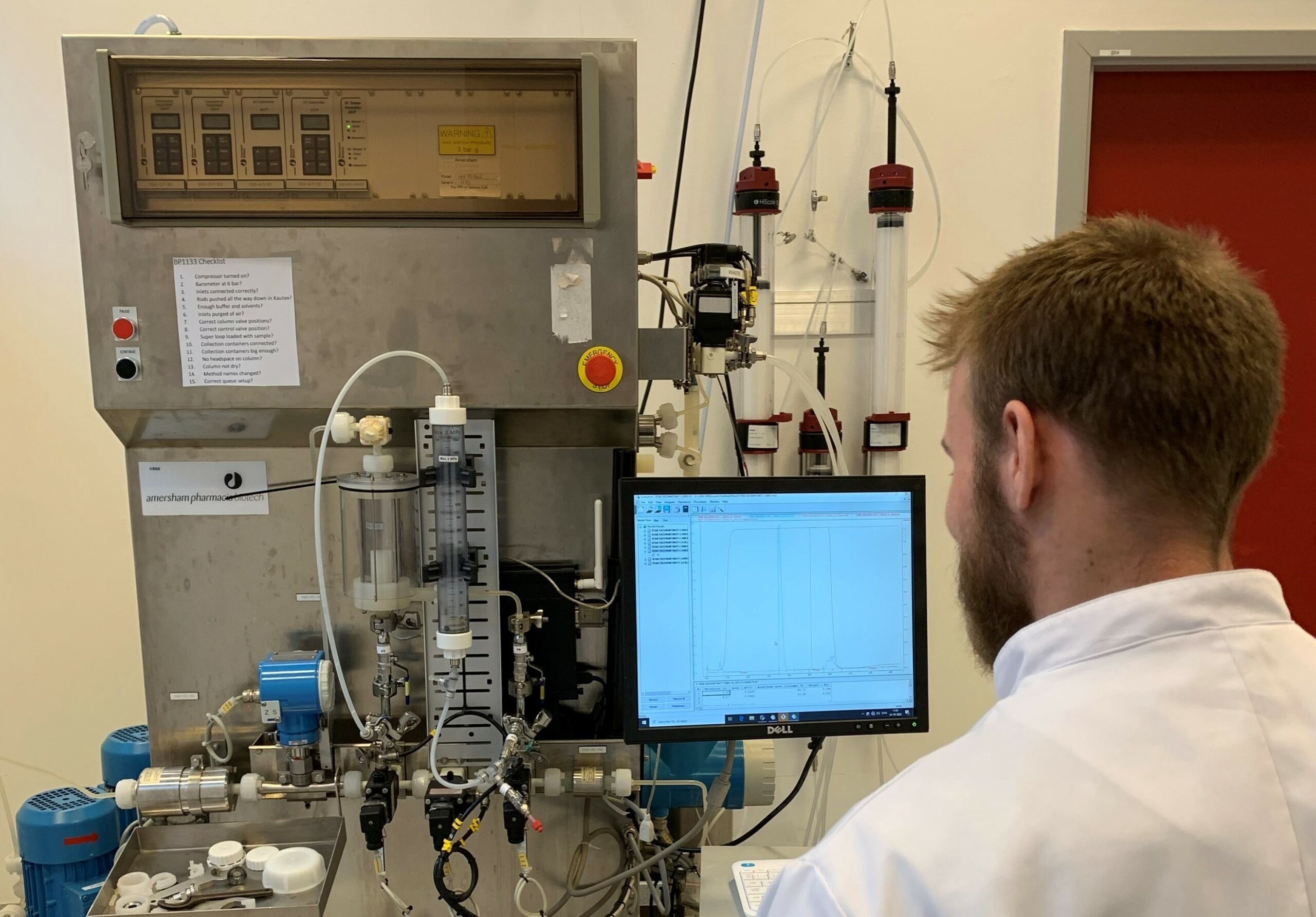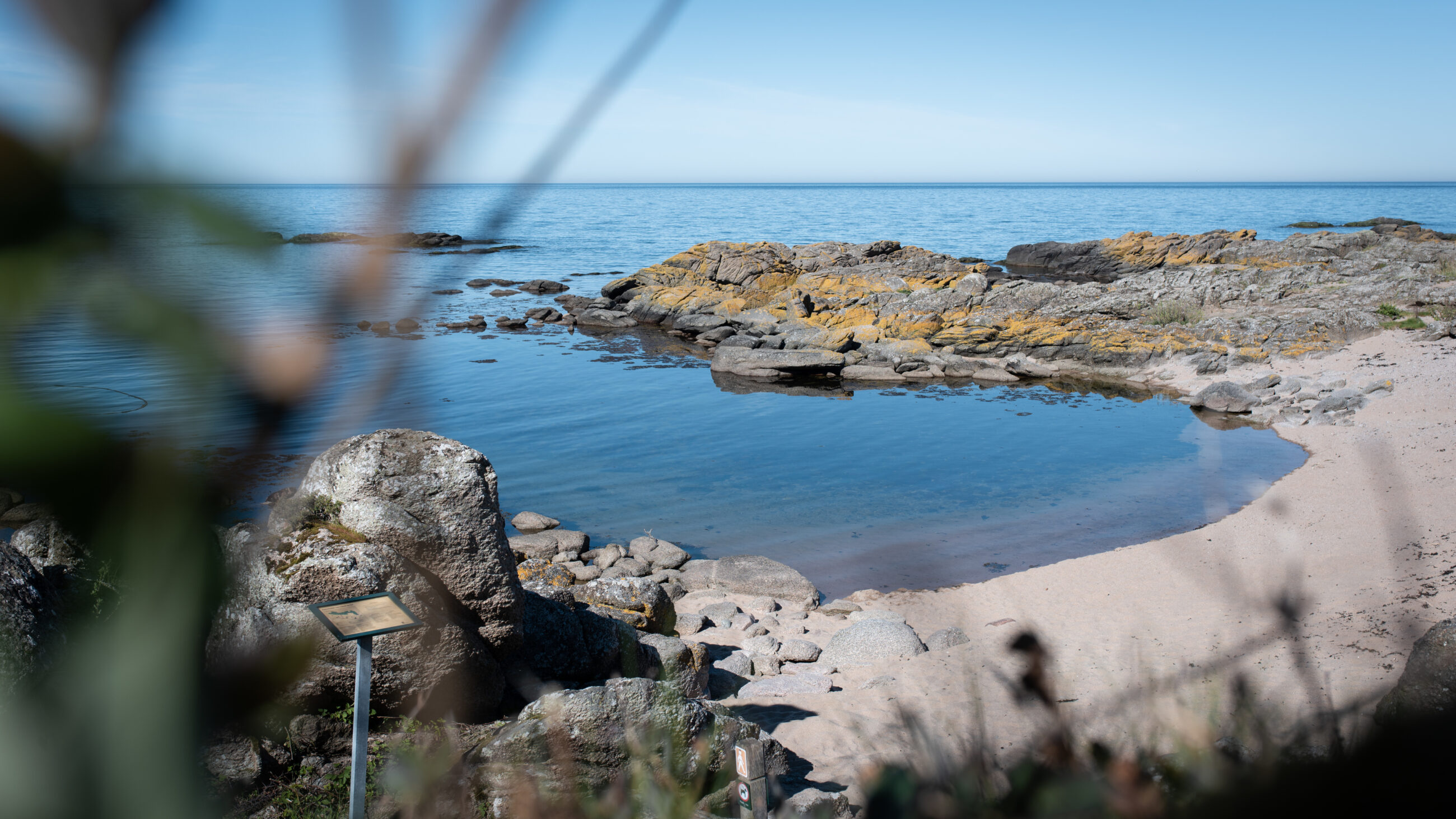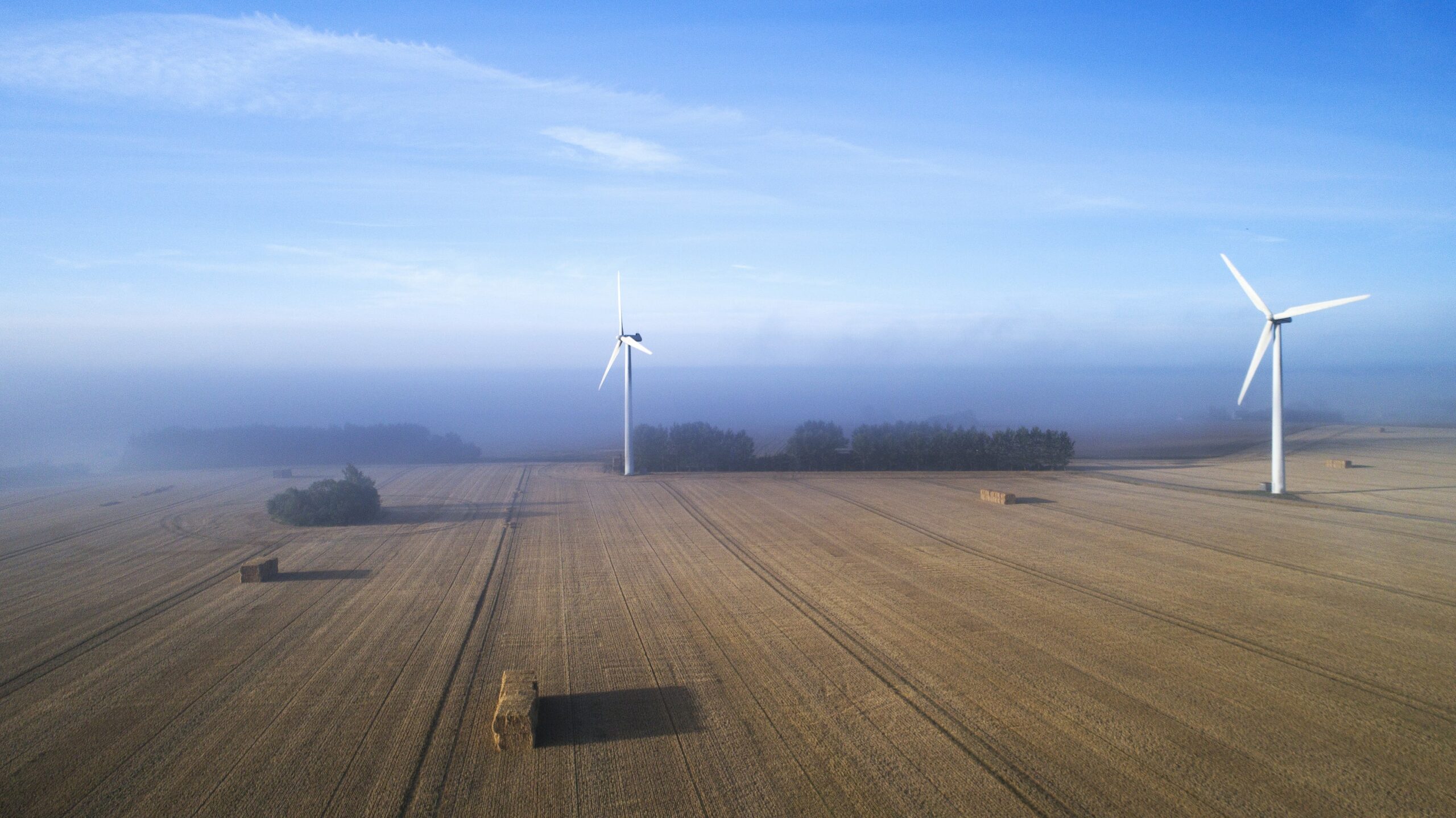News
Recycling of waste to material
Waste management
Waste policy and planning
+1
EU agreement on waste reduction and recycling


Henceforth, the EU countries are supposed to deposit far less waste and recycle much more than they do today. That is clear following today’s agreement on six new EU directives on waste.
According to the new agreement, 55% of all household waste should be recycled by 2025. This target increases to 60% in 2030, and to 65% in 2035. Furthermore, for the first time, the EU has set a target for how much waste each of its membering countries is allowed to dispose of in landfill. That target has been set at 10% in 2035.
-These targets are very ambitious. Particularly the target regarding waste disposal will be a challenge for several countries, even though Denmark reached it long ago. The targets for waste recycling are also ambitous from a Danish perspective, says Minister for Environment and Food Esben Lunde Larsen.
-The Danish government has been working for ambitious and realistic targets and that is what we have gotten. I am pleased that the new directives create more equal conditions for competition and a more circular economy that will benefit both growth and the environment.
Besides the targets for disposal and recycling of household waste, the new directives also include demands on how much packaging waste should be reused.
-Related news: Looping Resources: Concrete Examples of Using Waste as a Resource
Requirements can become benefitial
The negotiations have resulted in six directives on waste. These include new versions of the directives on waste, packaging and disposal. The new directives will result in new demands on municipalities and businesses.
-Henceforth, municipalities will be required to collect organic household waste for recycling. Far from all municipalities do so today, but we know that many are planning to, says Esben Lunde Larsen and continues:
-The business community will be required to ensure that the packaging they produce is recycled. Both are challenging tasks, but we will do our best to make sure that the new demands are implemented in a reasonable way so they can benefit both the environment and the economy.
The six directives have been agreed upon by the Council, the Parliament and the Commission in the EU. The agreement will be formally adopted at the beginning of the new year.
-Related news: Organic Waste Sorting has Become Popular in Denmark
Facts
-From 2023, seperate collection of organic household waste is required
-From 2025, seperate collection of textiles is required
-From 2025, producers will be responsible for packaging
-The agreement will increase the focus on waste prevention
-Henceforth, the method for calculating recycling will become standardised
-The agreement also includes a revision of a number of central definitions















